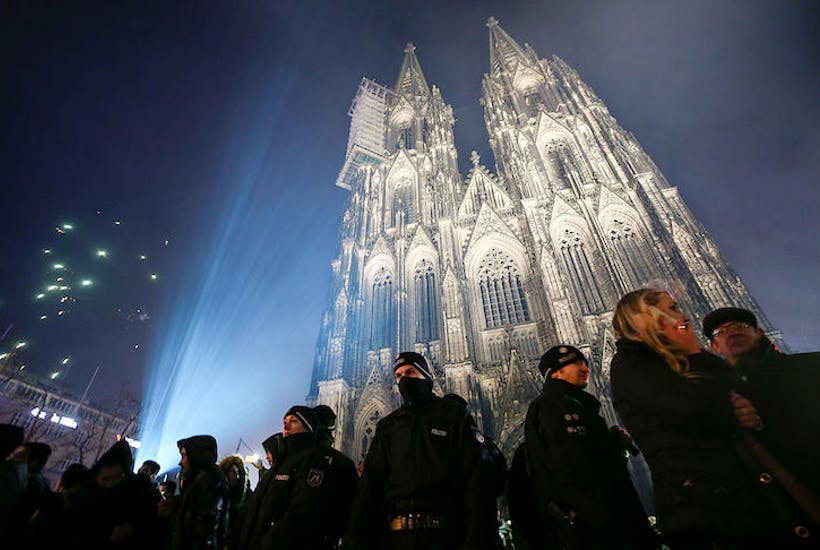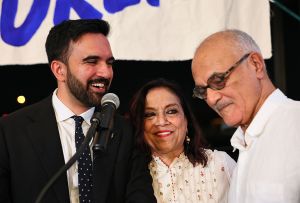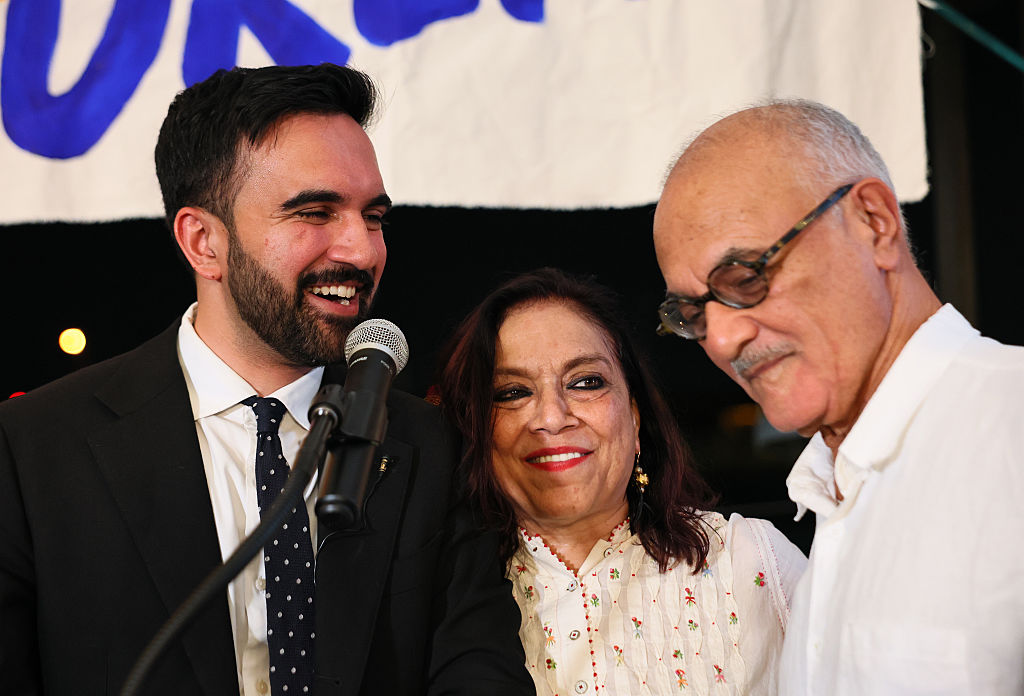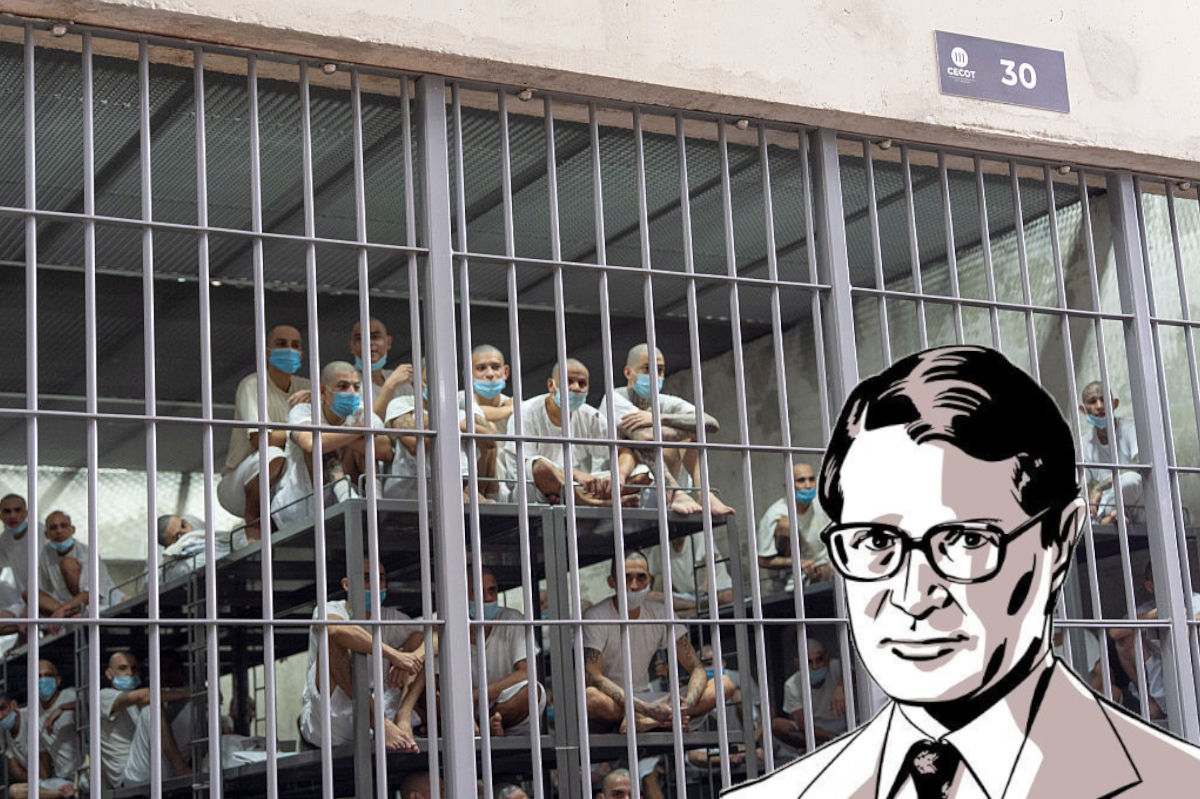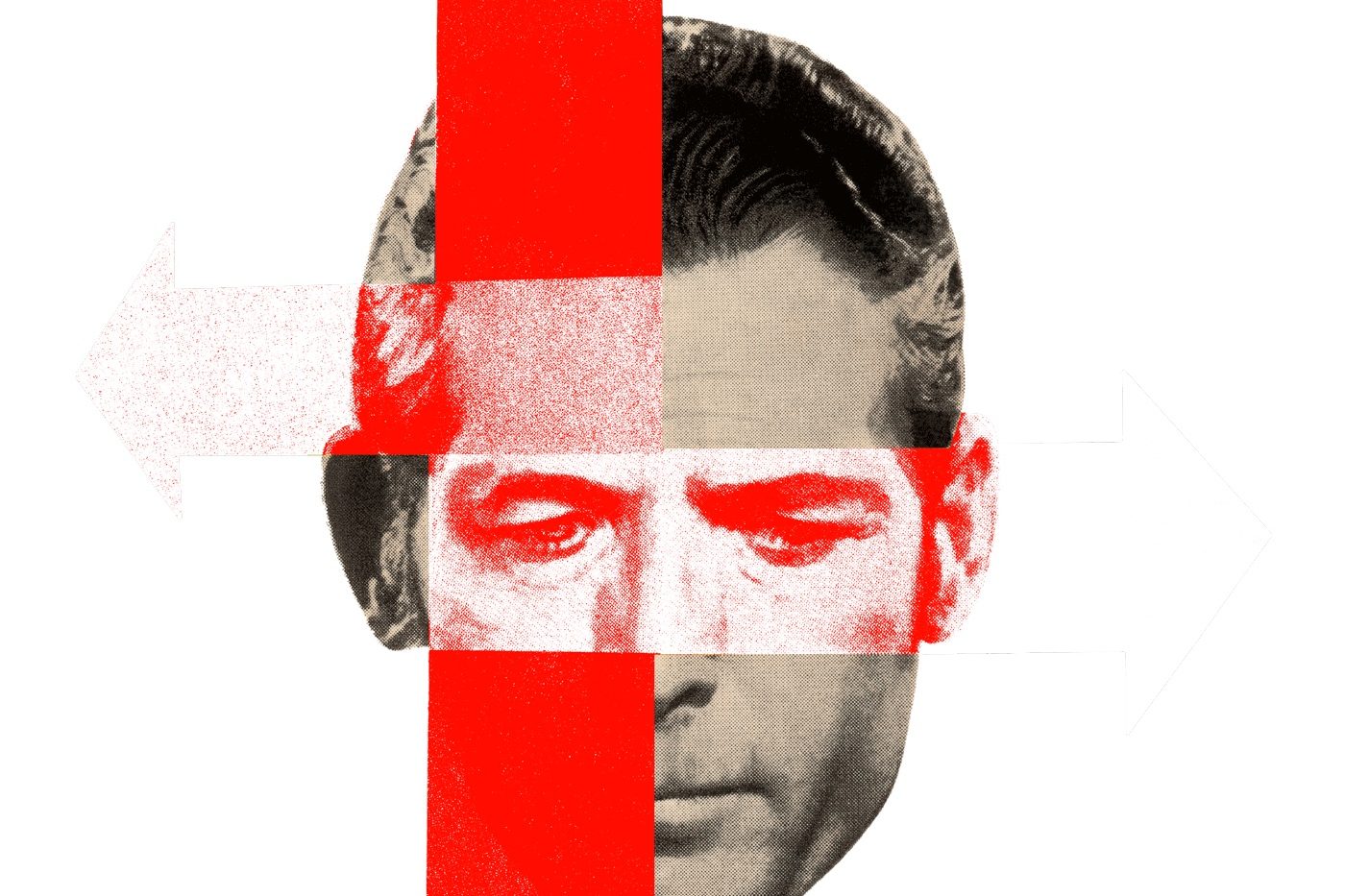The mass sexual assaults around Cologne’s main railway station on New Year’s Eve 2015 rocked Germany, not just because of their scale (police believe hundreds of men were involved) but because of the sense that news of the attacks was being suppressed, and its links to the migrant crisis then at its peak, denied. In response to public anger, Chancellor Angela Merkel was moved to promise that the crimes would be met with a ‘hard response from the state’.
Three years on, what has happened to that response? In terms of resources, German authorities have delivered on Merkel’s promise. It has been followed by one of the most extensive criminal investigations in the history of modern Germany. More than 600 victims of sexual offenses have been questioned. Thousands of hours of CCTV footage have been reviewed with the help of so-called ‘super recognizers’ from Scotland Yard.
As the inquiry draws to a close, however, the results are meager. Several men have been convicted of theft, robbery, and similar crimes. But no more than three have been convicted for involvement in sexual assaults – an Algerian, Iraqi and Libyan national. According to a report by the German weekly Der Spiegel in March, these men had provided the prosecution with crucial evidence by taking pictures of themselves with their victims. One of them was sentenced to one year and nine months in prison, while the two others received suspended sentences.
It is now safe to conclude that the vast majority of the men involved will walk free and be allowed to continue living in Germany, mingling with women on public transport and claiming welfare benefits, possibly for the rest of their lives.
The Cologne attacks took place at the height of the migration wave when authorities had lost control over the influx of migrants into the country. Many of those in positions of authority refused to accept any link between the attacks and the refugee crisis. According to the first Vice President of the European Commission, Frans Timmermans, the events should be regarded merely as a matter of ‘public order’. During a closed meeting, the leadership of the European Commission vowed to act as a ‘voice of reason’ and reject any suggestion that migration had anything to do with it.
In the spring of 2016, an official report published by the North Rhine-Westphalian government put an end to this speculation. It not only concluded that a vast majority of the suspects were non-German nationals. It also showed how this fact obstructed the criminal investigation: ‘The registration of incoming asylum seekers since the summer of 2015 has been inadequate throughout Germany. This means that, for a non-insignificant proportion of foreign individuals, it is a problem that the persons are not yet registered in the German alien register… The fact that people are to some registered under the wrong identity makes investigation difficult…’
The inquiry into the mass attacks in Cologne also highlights the fact that the civilian criminal process in European democracies is hardly designed for crimes on such a massive scale, even if the state offers almost limitless resources. At times, more than a hundred police officers have worked on the investigation – an operation of a size normally reserved for terror attacks in Germany. That is something to bear in mind when we discuss welcoming home Isis terrorists to stand civilian trial for crimes committed in a war zone, where investigators will have little or no access to evidence. ‘A hard response’ from the German state meant that only a handful of suspects have been held accountable for the worst mass sexual attacks against women in peacetime Europe. In the end, it came down to their own selfies.
This article was originally published on The Spectator’s UK website.



